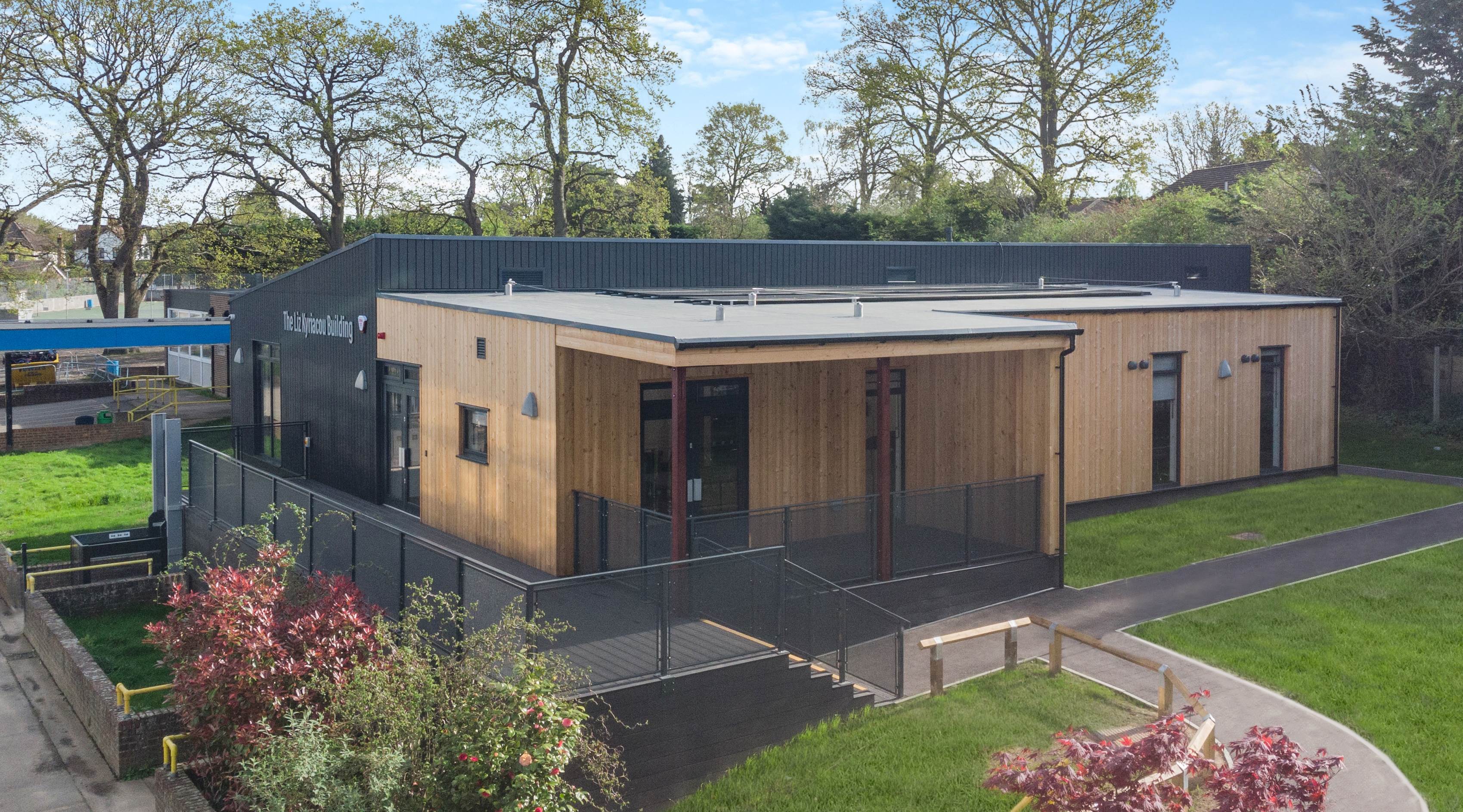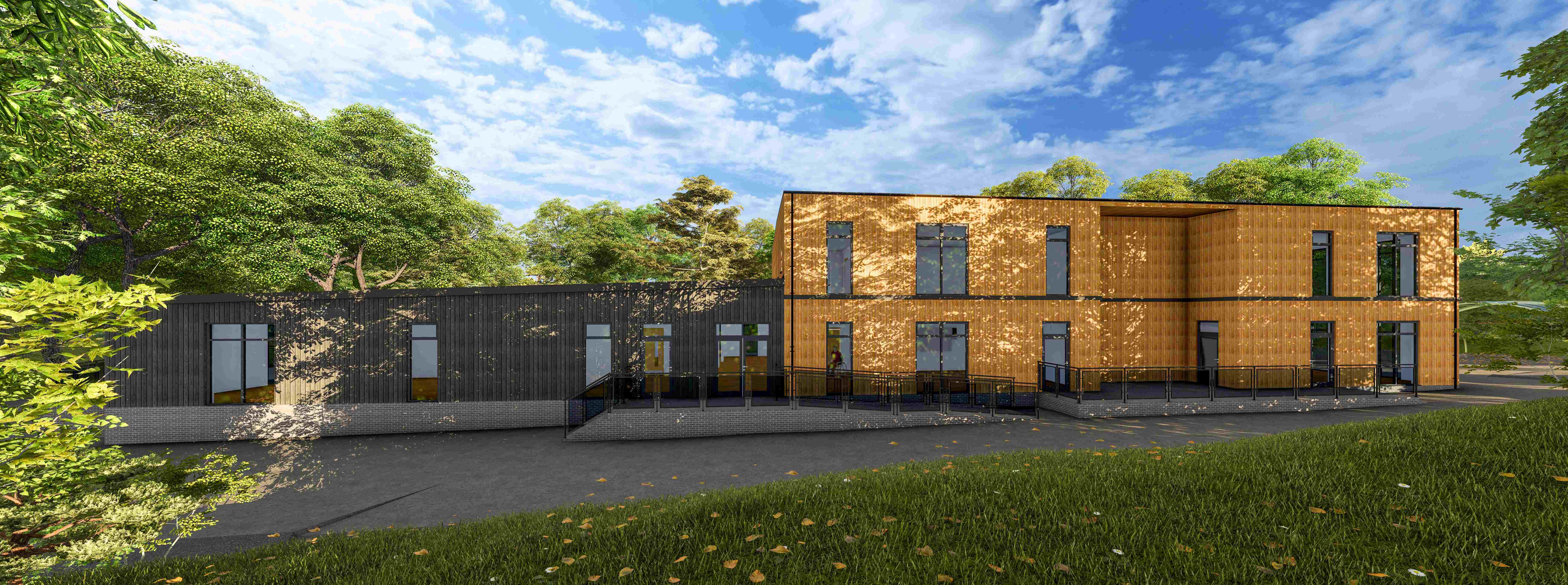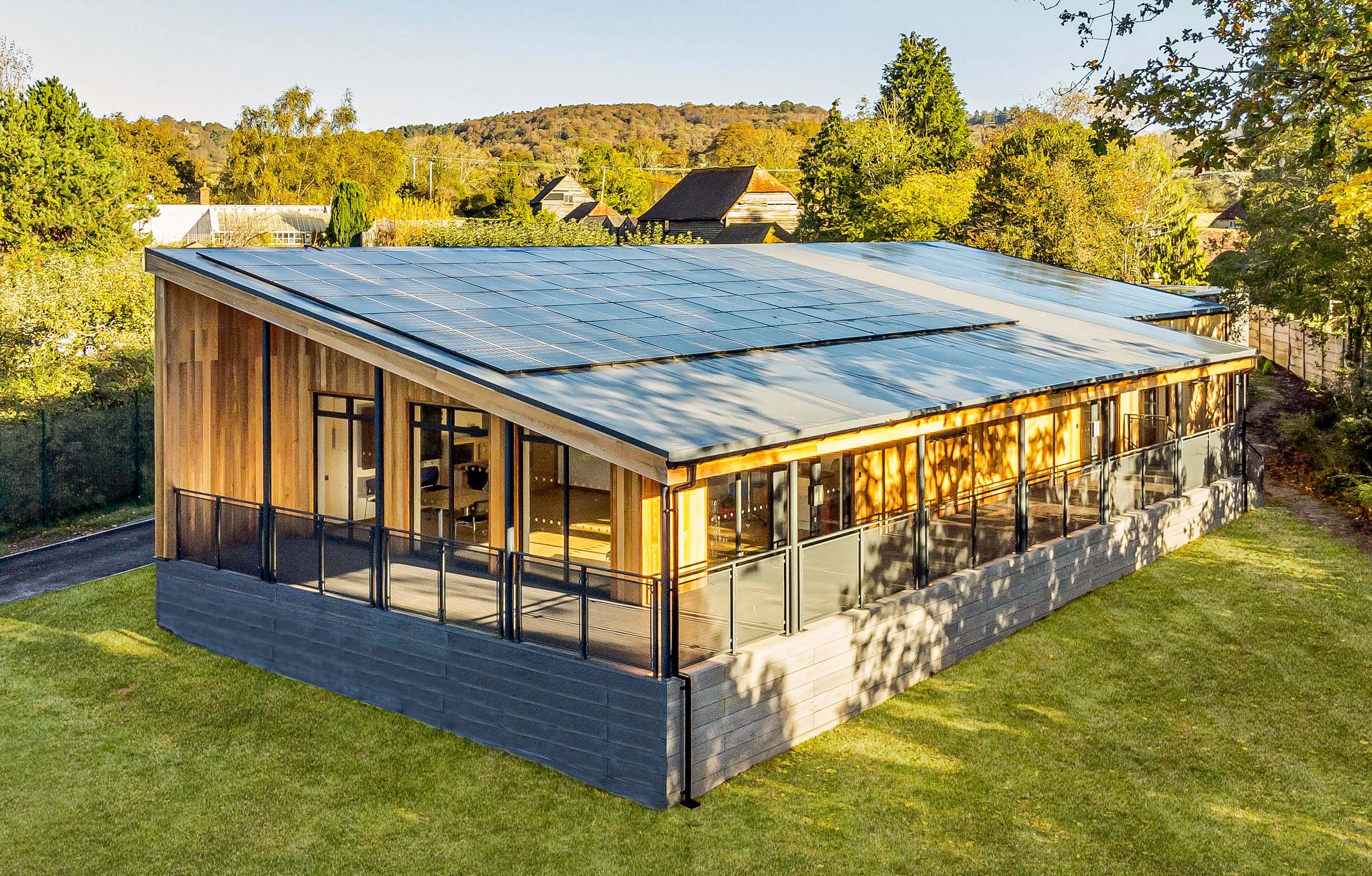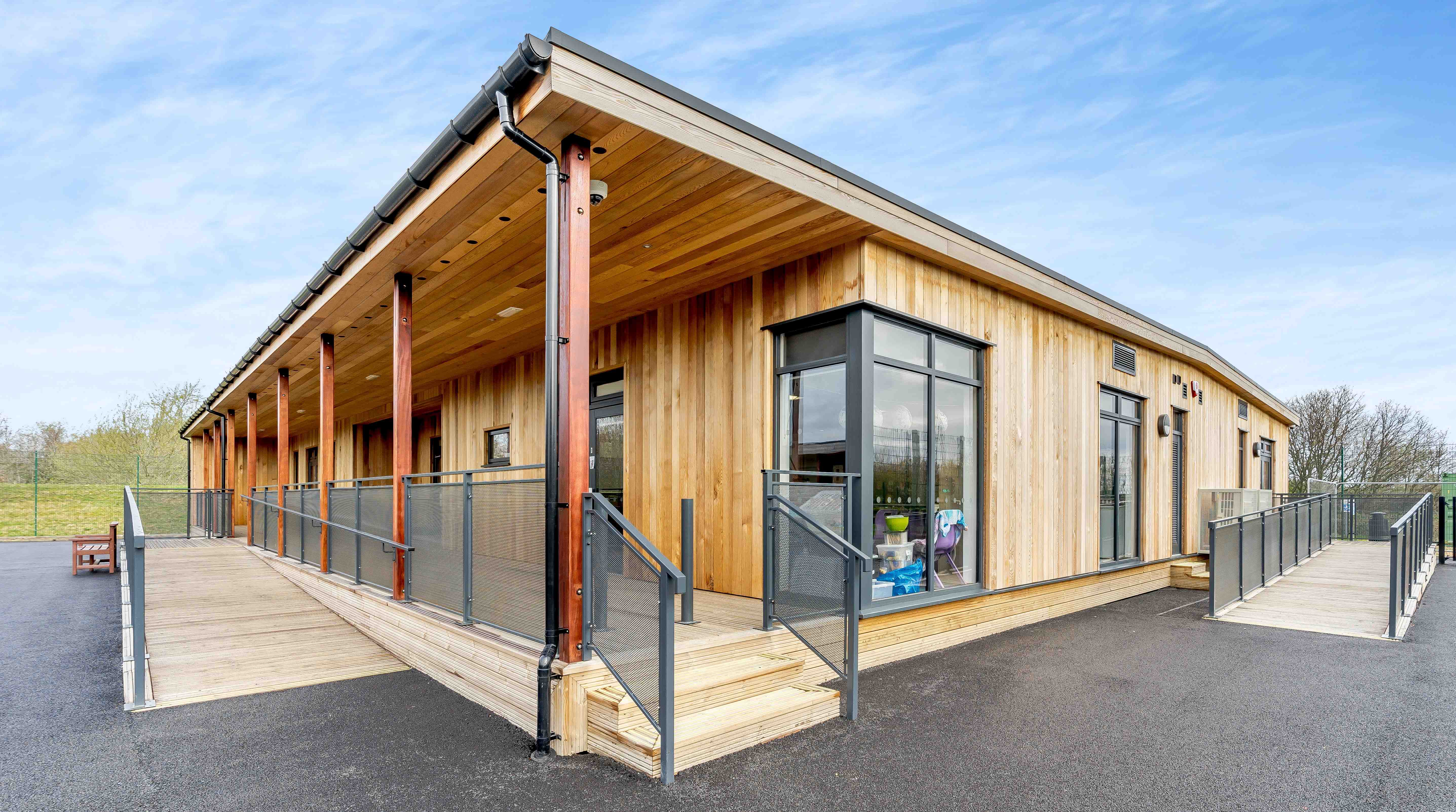
SEND provision in the UK is increasingly failing to meet both the scale and quality needed to address rising demand. The new government has acknowledged these issues and taken some initial steps within the education sector including the Children’s Wellbeing Bill.
Both mainstream and specialist schools urgently need new buildings to accommodate growing student numbers and evolving educational requirements. Over half of UK special schools are operating beyond their intended capacity, while SEND pupil numbers increased by 100,000 in the last year.
Modular buildings can be completed in a consistently shorter timeframe than traditional brick-and-mortar solutions, ensuring that new facilities are available as soon as possible. Off-site manufacturing reduces waste and ensures strict adherence to design, while on-site installation is swift and unobtrusive. They are also cost-effective, with reduced material and labour costs, alongside long-term savings when specified to meet net-zero.
However, it is essential that new SEND spaces are tailored to meet students' unique needs in terms of design, layout, and features. Can a modular solution really deliver?
When utilising a panelised approach (where buildings are constructed from finished panels assembled on-site), there is a huge degree of freedom in the design process, ensuring the finished building is closely tailored to SEND students and their unique needs. This customisation includes design elements such as appropriate lighting, soundproofing, breakout spaces, large equipment storage and sensory-friendly environments.

Acoustics are especially important for SEND students particularly those with autism, ADHD and sight-impairment, many of whom have enhanced hearing sensitivity. It can be notoriously difficult to achieve the required standards in many modular systems. However, through the use of well designed, high-performance acoustic panels it has been demonstrated that clarity of speech and low ambient noise levels across the building can be assured, helping pupils to feel comfortable. This approach stands in sharp contrast to the open-plan designs of many modern schools, which can result in noise levels that make it difficult for SEND pupils to learn effectively.
Biophilic design principles can also be a great addition to SEND buildings. While this approach was formally outlined in the 1980s, in recent years a wealth of evidence has shown that incorporating nature within a space can profoundly impact mood, stress, and concentration. These principles can be easily implemented at the design stage of modular buildings by using materials like timber, incorporating abundant natural light, and installing consistent access to outdoor spaces. This approach not only supports the mental and physical well-being of SEND students, but also creates a calming and inspiring environment conducive to learning. There have been several studies showing the impacts of natural environments on children with autism, particularly the alleviation of sensory overload.
We believe that modular construction offers a good solution to the urgent need for significantly more SEND spaces while still ensuring a tailored, high-quality learning experience for every pupil. With the addition of biophilic design principles and excellent acoustics, modular buildings can offer a truly superior learning experience for SEND students, providing a calming, friendly, and focused environment.
TG Escapes design and build timber-frame solutions starting with a thoughtful consultation and design process, considering classroom placement, acoustics, storage, access needs, and the incorporation of specialist areas like hygiene spaces, sensory and quiet rooms. For more information call 0800 917 7726, email [email protected] or visit www.tgescapes.co.uk.

